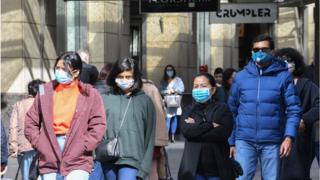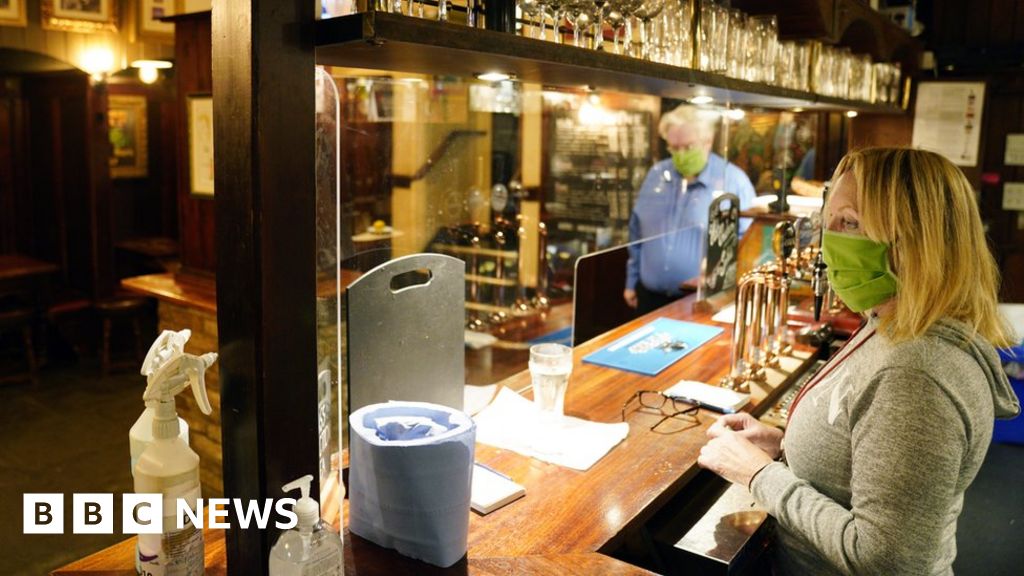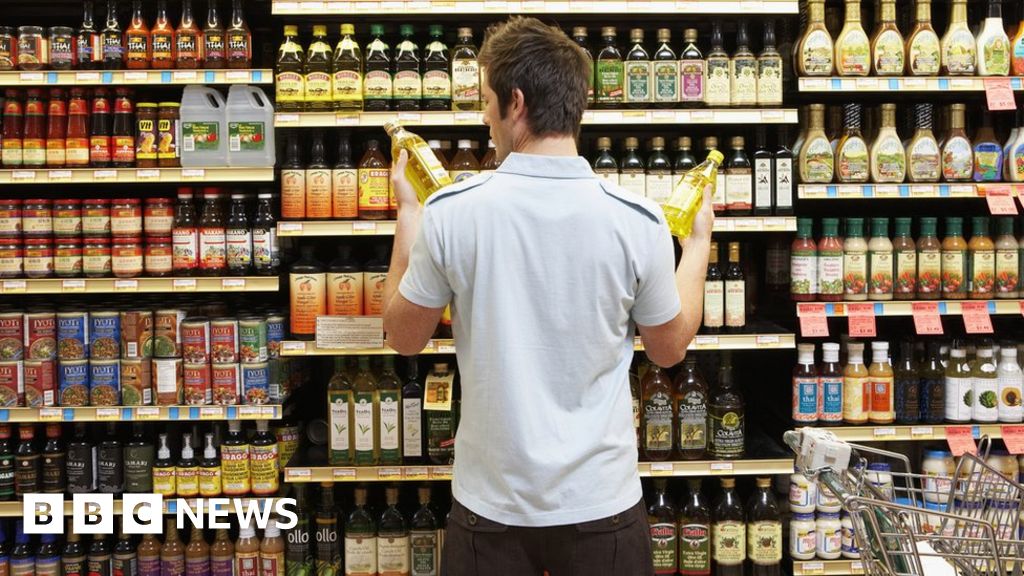 Image copyright
Getty Images
Image copyright
Getty Images
Australia's economy has plunged into its first recession in nearly 30 years, as it suffers the economic fallout from the coronavirus.
Gross domestic product (GDP) shrunk 7% in the April-to-June quarter compared to the previous three months.
This is the biggest fall since records began back in 1959 and comes after a fall of 0.3% in the first quarter.
An economy is considered to be in recession if it sees two consecutive quarters of negative growth.
Australia was the only major economy to avoid a recession during the 2008 global financial crisis - mainly due to demand from China for its natural resources.
At the start of this year, the economy was hit by falling economic growth due to an extreme bush fire season and the early stages of the coronavirus outbreak.
More recently the shutdowns of businesses across the country have taken their toll, despite measures by the government and central bank to support the economy.
This is the worst economic growth in 61 years due to a severe contraction in household spending on goods and services.
Resilient economy
Australia last fell into recession in mid-1990 which ran into late 1991.
But the coronavirus pandemic has been a major blow to the Australian economy, although the figure is slightly better than the 8% fall Australia's reserve bank had earlier forecast.
Despite the severe drop in economic activity, Australia is doing better than most other advanced economies that have experienced bigger downturns.
The US economy, the world's biggest, shrank 9.5% between April and June while the UK's shrank by 20.4% pushing it into recession as well.
France's economy fell by 13.8% and Japan's by 7.6%.

 5 years ago
690
5 years ago
690 

